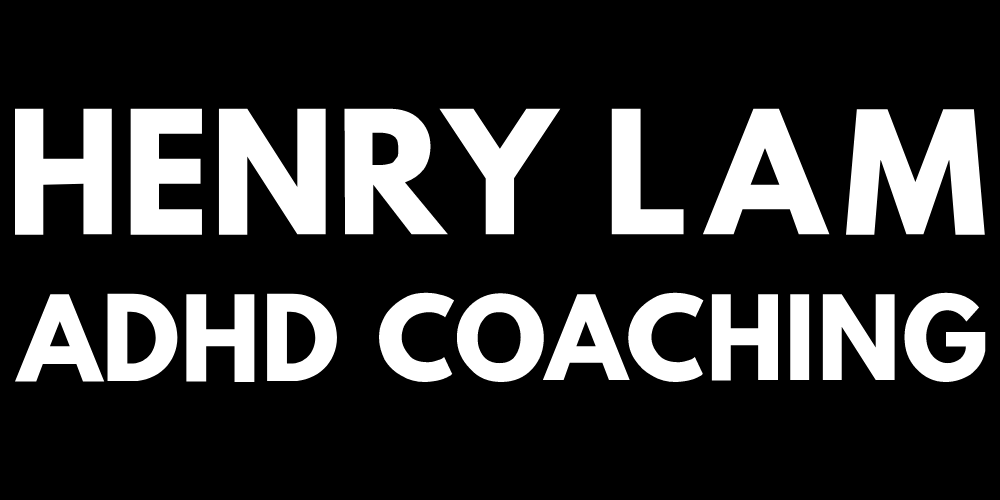ADHD and Medication
By Henry Lam, ADHD Coach
Avoiding Common Medication Errors: A Guide for ADHD Adults
Introduction
Medication can be a cornerstone in managing Attention Deficit Hyperactivity Disorder (ADHD), especially when using stimulants, which are commonly prescribed. However, it's crucial to use these medications correctly to avoid common pitfalls. This article provides a comprehensive guide to help individuals with ADHD avoid medication errors, ensuring effective treatment and minimal side effects.
Understanding Your Medication
Before beginning any medication regimen, it's essential to fully understand what you're taking, its purpose, and how it should be used. Misunderstandings here can lead to ineffective treatment or harmful side effects.
Get Informed: Always consult with your healthcare provider about the specifics of any medication prescribed, including potential interactions with common substances like caffeine or citric acid. Reliable information can also be found on sites like Mayo Clinic.
Follow Directions: It's critical to follow the dosage and timing as prescribed. Using a medication app or setting alarms can help manage schedules effectively.
Common Medication Errors to Avoid
Dosage Mistakes: Taking too little or too much can be harmful. Always measure liquid medications with a proper dosing tool, not household utensils.
Timing Errors: ADHD medications often require precise timing to be effective without worsening symptoms. Stick to the prescribed times as closely as possible.
Ignoring Side Effects: Report any side effects to your healthcare provider. They can adjust the medication or dosage to better suit your needs.
Food and Drink Interactions: Be cautious of what you consume that might interact with your medication. For example, drinking coffee or other caffeinated beverages can enhance the stimulant effects of ADHD medication, which might be undesirable.
Importance of Communication
Regular communication with your healthcare provider plays a critical role in the success of any treatment plan. Discuss any issues you are experiencing, including:
Effectiveness of Medication: If the medication does not seem to be working, it might need adjustment.
Side Effects: Sometimes, side effects diminish with time, but they should always be discussed.
Lifestyle Changes: Changes in your diet, including intake of substances like caffeine and citric acid found in many soft drinks and fruits, can affect how medication works.
Staying Organized
Keeping track of medication times, dosages, and effects can seem daunting. Use tools like a medication tracker app to help maintain an accurate record, which can be invaluable during medical appointments.
Conclusion
Avoiding medication errors is crucial in managing ADHD effectively. By staying informed, adhering to prescribed protocols, and maintaining open communication with your healthcare provider, you can significantly enhance the effectiveness of your ADHD treatment.
Further Reading
Check out resources like the ADHD Awareness Month Coalition for more tips on managing ADHD.
Centers for Disease Control and Prevention's ADHD section for guidelines and support.
Explore The More Of the Sweet Sixteen ADHD Beginner Articles!
Understanding ADHD
Treatment and Management
Natural ADHD Treatments
Navigating ADHD Treatment Options
ADHD Beginner Mistakes
Managing Daily Life with ADHD
Professional Help and Support
Finding an ADHD Coach
Choosing an ADHD Therapist
Finding a Good Psychiatrist for ADHD
Building Support Network for ADHD
Inspiration and Insights
Getting Started

